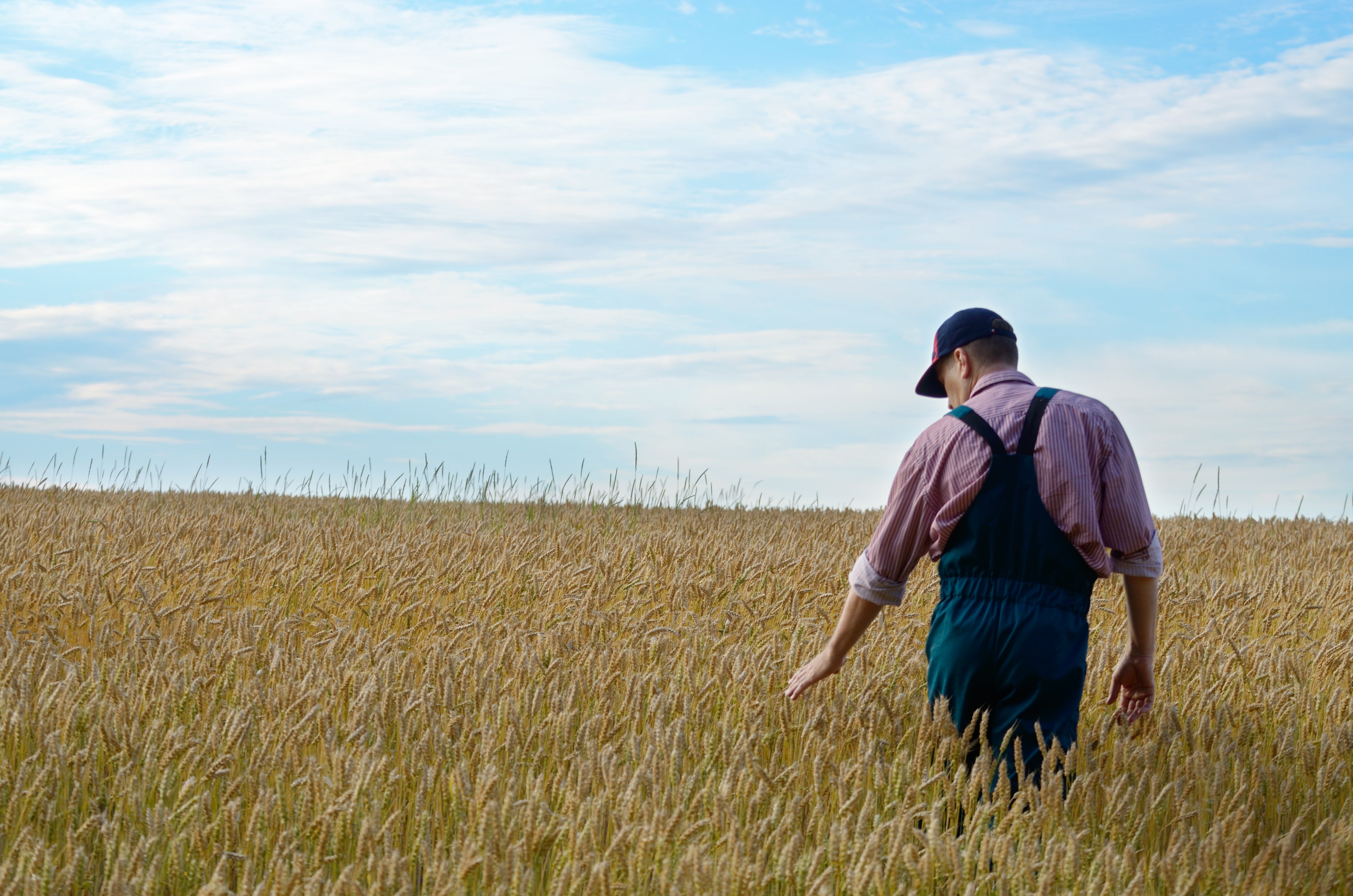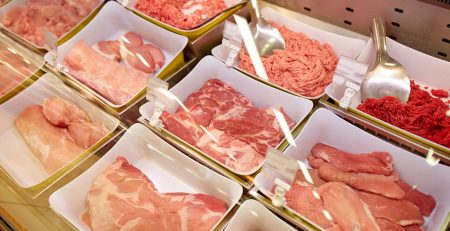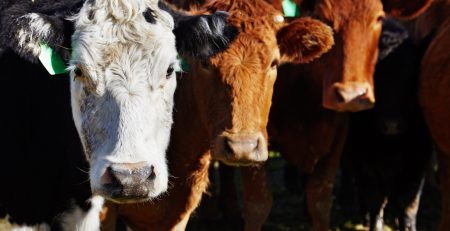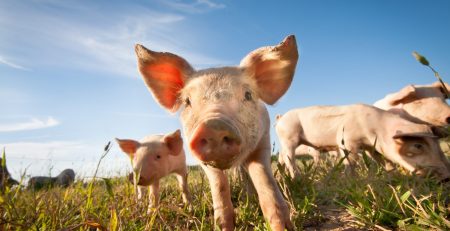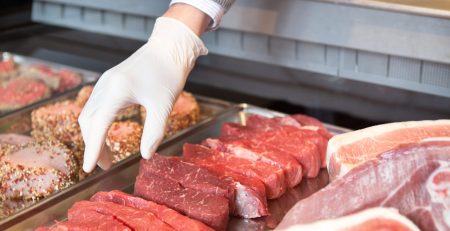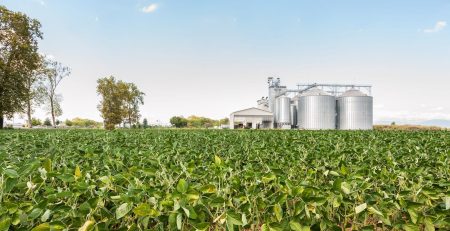COVID-19: 5 Things Your Farm Should Do Now
As novel coronavirus (COVID-19) makes its way into the U.S., are you prepared for some of the more likely scenarios that could impact your operation?
“Coronaviruses are not new and are responsible for approximately 20% of common colds already, however due to this being a novel coronavirus, the population is very susceptible and transmission will therefore be widespread in the absence of a vaccine,” says Beau Peterson, general manager and director of research at Carthage Veterinary Service (CVS) in Carthage, Ill. “The biggest impact to us and our business will likely be measures put in place to slow or stop the spread of the virus in the U.S.”
Being prepared during a time like this is critical. CVS says their veterinary clinic will stay open one way or another.
“Testing for COVID19 in the U.S. is just now starting to ramp up. When you consider the number of cases of community transmission already identified, we feel it is highly likely that the virus is much more widespread than what is currently being reported,” Peterson says.
1. Ensure people can work.
“One of the most impactful and likely scenarios we see playing out is a closure of schools and daycares in the communities where our business and our clients business operate,” he says. “This would put an incredible strain on families with children who would have to find alternative care options.”
CVS is preparing for multiple scenarios to help their employees continue to work despite potential school and daycare closures.
• Work from home: Find solutions to allow office employees to work remotely if needed. Make sure adequate laptops are available, remote connections are accessible for home computers and systems that aren’t normally used remotely are configured for it.
• Creative childcare options: Help employees secure safe alternative care for their children if they have no other options. For example, CVS has some buildings that could be used to allow the parents who can’t work from home to work here and watch their children.
“We are a community and we will take a community-based approach to this to help each other if the need arises,” Peterson adds.
2. Prepare for supply chain disruptions.
Although disruptions haven’t occurred yet, many producers rely on China for some of the raw ingredients and finished goods used on farms.
“Shipping disruptions have occurred in China already so there is a potential hole coming, and if port activity is impacted in the U.S., specifically the West Coast where a lot of COVID19 has been identified already, those disruptions could become significant,” Peterson says.
3. Monitor upcoming travel.
Carefully consider upcoming meetings that employees are scheduled to attend and make decisions about participation as necessary. In the past week, many international and domestic meetings have been canceled, postponed or moved to a web-based venue.
4. Plan for interruptions to daily workflow.
Discuss and develop contingency plans for additional needs that would interrupt your daily workflow. This could include delivery of boar semen, shipment of diagnostic samples, product movement from warehouse locations, etc.
In a letter to U.S. government officials on Tuesday, the National Pork Producers Council (NPPC) asked the administration to develop support plans for hog farmers if labor-related bottlenecks in the supply chain prevent hogs from being marketed.
“The specter of market-ready hogs with nowhere to go is a nightmare for every pork producer in the nation. It would result in severe economic fallout in rural communities and a major animal welfare challenge,” said NPPC President Howard “A.V.” Roth, a hog farmer from Wauzeka, Wis.
5. Protect yourself.
Use common sense and remain calm. Do what you can to protect yourself and stay healthy –the same things you do every year during flu season, Peterson advises.
Remind your employees to:
• Wash their hands frequently.
• Disinfect surfaces frequently.
• Stay home if sick and to be fever-free for 24 hours before returning to work.
“The most important thing we can all do is stay informed and have a plan,” Peterson adds. “The producers we serve can’t take time off from caring for their animals, and we are committed to having plans in place that allow us to continue to support them.”
Content within the Farm Journal Forum is the property of Farm Journal, Inc and protected by copyright.